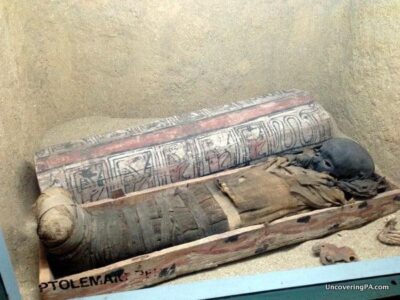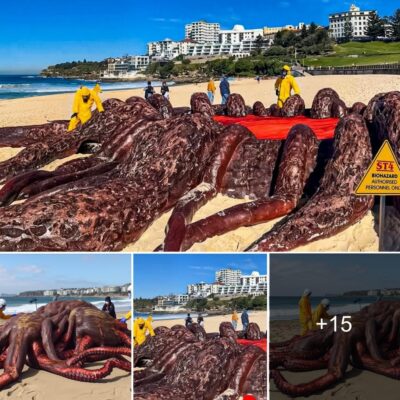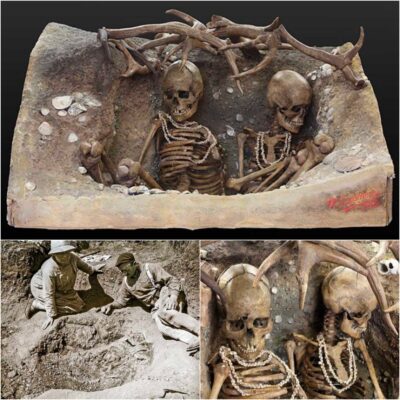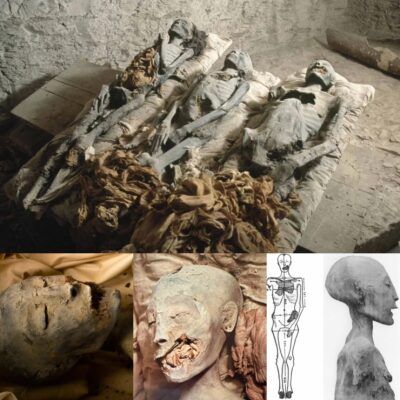In a bold move that could shake up the National Football League (NFL) landscape, Dallas Mayor Eric Johnson has sparked conversations about bringing an additional NFL franchise to the city. With an eye on the Kansas City Chiefs, Johnson’s initiative might just redefine sports dynamics in Dallas, a city already pulsating with the fervor of football.
His proposition aims to resolve the Chiefs’ ongoing stadium conundrum, though the specifics of these discussions and their eventual impact remain a blend of optimism and strategic planning. The fabric of Dallas sports culture could be on the cusp of transformation, embracing the possibility of housing two NFL teams — if Johnson’s vision comes to fruition.
At the heart of Johnson’s ambition is the current stadium situation of the Kansas City Chiefs. The Mayor believes Dallas, with its robust sports infrastructure and enthusiastic fan base, could offer a viable solution to the Chiefs.
As stadium talks continue to evolve, Dallas presents itself as a sanctuary for sports teams in need of modern, accessible, and financially viable facilities. This proposition not only aims to address the immediate concerns of the Chiefs but also ignites a broader conversation about the future of NFL franchises and their ties to their host cities.
Despite these grand plans, Johnson maintains a level of discretion about direct communications with the Chiefs. He has acknowledged a strong relationship with Chiefs owner Clark Hunt, an understanding that could play a crucial role in any future negotiations or plans for relocation. Yet, Johnson stops short of confirming any direct talks about relocation, leaving observers to speculate on the possibilities and the underlying strategies at play.
The mayor’s optimism isn’t just confined to solving the Chiefs’ stadium woes. He envisions Dallas as a city capable of supporting not one, but two NFL teams. Drawing on the economic and cultural dynamism of Dallas, Johnson argues that the addition of another team would not dilute but rather enhance the local sports market, creating a symbiotic relationship that benefits teams, fans, and the city’s stature alike.
The feasibility of this vision raises questions about the current NFL landscape in Dallas, dominantly ruled by the Cowboys. The potential coexistence of another franchise in the city sparks debates around market saturation, fan loyalty, and the broader impacts on the community and the sport. Yet, it also opens discussions on competition, growth, and the enrichment of the local and national sports culture.
Further validating Dallas as a credible contender in the NFL expansion or relocation dialogue, the article points to historical precedents and current trends that support the city’s case. Chicago, like Dallas, is highlighted as another metropolitan area with the potential to sustain more than one NFL franchise, suggesting a growing appetite for expansion within the league.
However, the immediate future of the Chiefs is tethered to Kansas City, courtesy of a lease binding them to their current home until 2030. This duration provides a window for Kansas City to address and potentially rectify the stadium dilemmas facing the franchise. Nevertheless, as the clock ticks, the allure of cities like Dallas as relocation destinations grows stronger, underscored by strategic considerations and the evolving landscape of NFL team ownership and stadium development.
In sum, Dallas stands at a crossroads, potentially poised to welcome the Chiefs, if circumstances align. With Mayor Eric Johnson at the helm of this ambitious endeavor, the coming years could witness a historic reshaping of the NFL’s urban footprint, contingent on the resolution of stadium debates and the intricate dance of league politics, financial pragmatism, and sports fandom.











